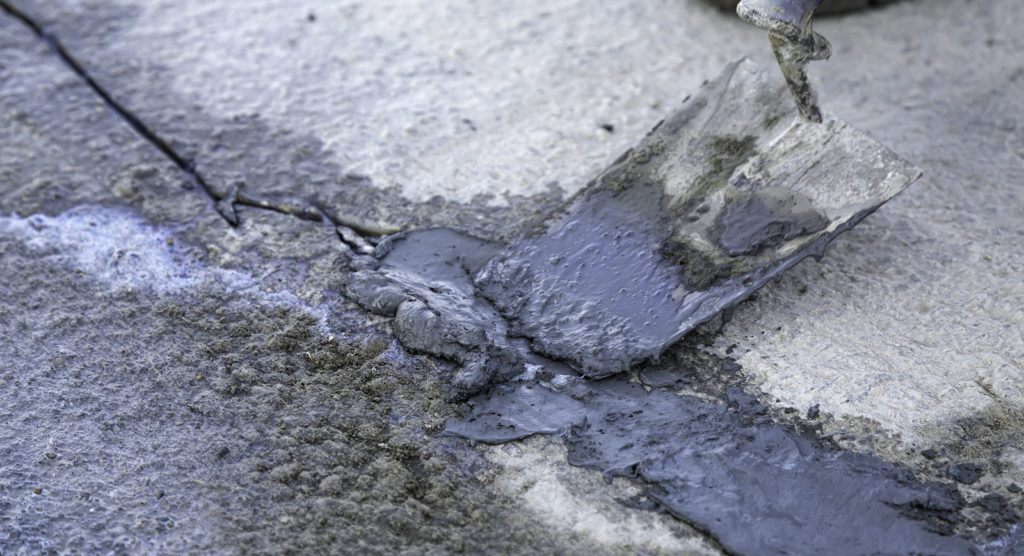Although it doesn’t seem right that something as solid and firm as concrete can crack, but unfortunately, it does, and can do so very quickly under particular conditions and circumstances. This is an issue that thousands of home and property owners all across the nation are dealing with every day. You see, concrete deterioration is all too common, and the thought of wasted money on premature concrete repair scares property owners. Fortunately, there are plenty of things you can do to abate pavement deterioration, all of which can be implemented this spring!
But first, continue reading to learn why concrete cracks, what might be the reason behind your particular concrete woes, and what you can do about it all!

Concrete Paving
Many questions start to arise once a contractor or customer notices cracks and crevices in their newly paved concrete foundation. They wonder if the concrete technician added too much water to the mix; or if the sand content was too high. Was fiber or wire mesh installed? Were the saw cuts placed correctly? Although it is easy to blame the contractor that installed the concrete, they are not always the root of the problem. There are natural circumstances beyond our control that can cause pavement to crack. Surprisingly, the main culprits behind self-destructing pavements have to do with cold weather and hot weather.
Freezing Temperatures
In the northern parts of the nation, freeze and thaw cycles are the most common reasons behind cracked concrete pavement. This cycle begins when water inside the ground freezes from cold temperatures; and when water freezes it turns into ice and expands. This increase in mass can cause the ground to rise or shift, causing anything above it to do the same. If concrete pavement lies above a frozen and lifted ground, the concrete is likely to be implicated as well.
When seasons change and the ice melts, pavements are shifted and moved again because there is a void where solid ice once existed. This results in more cracking and damage. There is not much a property owner can do to prevent natural occurrences like this; however, in order to prevent a freeze thaw cycle issue, wait until spring and summer to install new concrete. This way it has time to strengthen and solidify before harsh weather can cause its deterioration.
Extreme Heat
In contrast to freezing temperatures, concrete can also crack in extreme heat. In the south and coastal regions of the United States, it is common for pavement to rupture from extended sun exposure and heat. Just as ice expands within the ground, heat causes concrete to expand and move as if it were baking in the sun. Once the sun or temperatures go down, the concrete retreats back to its normal state. This consistent expansion and decreasing in size can make pavement more susceptible and vulnerable to cracks, crumbling, and deep crevices.
The fact that concrete is moving and shifting is the damaging factor; not the magnitude or weight of the damage. In order to prevent natural occurrences and weather from damaging your newly paved concrete, be sure to discuss the best times to install new pavement. Always use a reputable and licensed paving company that can answer your questions about concrete installation, or concrete repair and protection, as they are the industry experts that can deliver precision concrete placement you can trust.
Trusted Concrete Repair in Indianapolis
Call ACI Asphalt and Concrete at 317-549-1833 for commercial paving services in Indianapolis and its surrounding areas. Our licensed and qualified paving contractors provide a wide range of concrete and asphalt repair and installation services at the most competitive prices in town. Request a free estimate, today.

